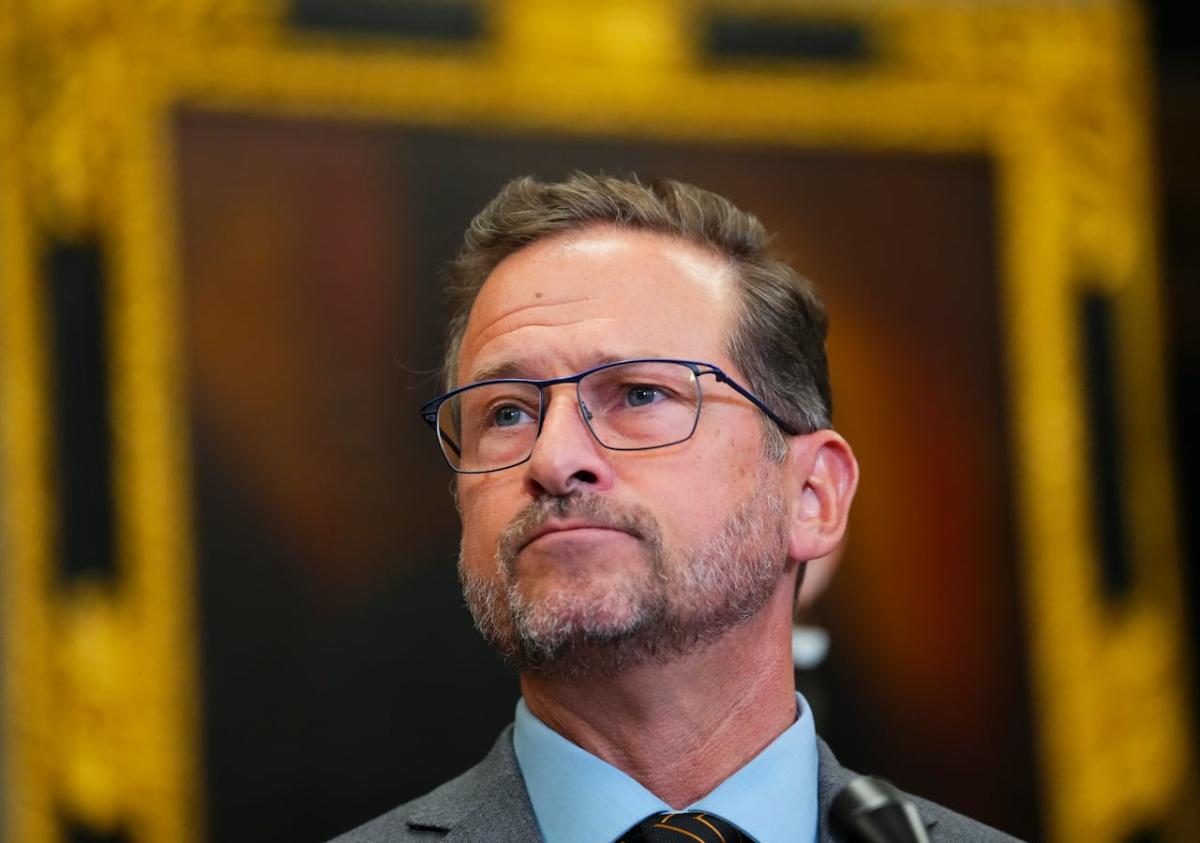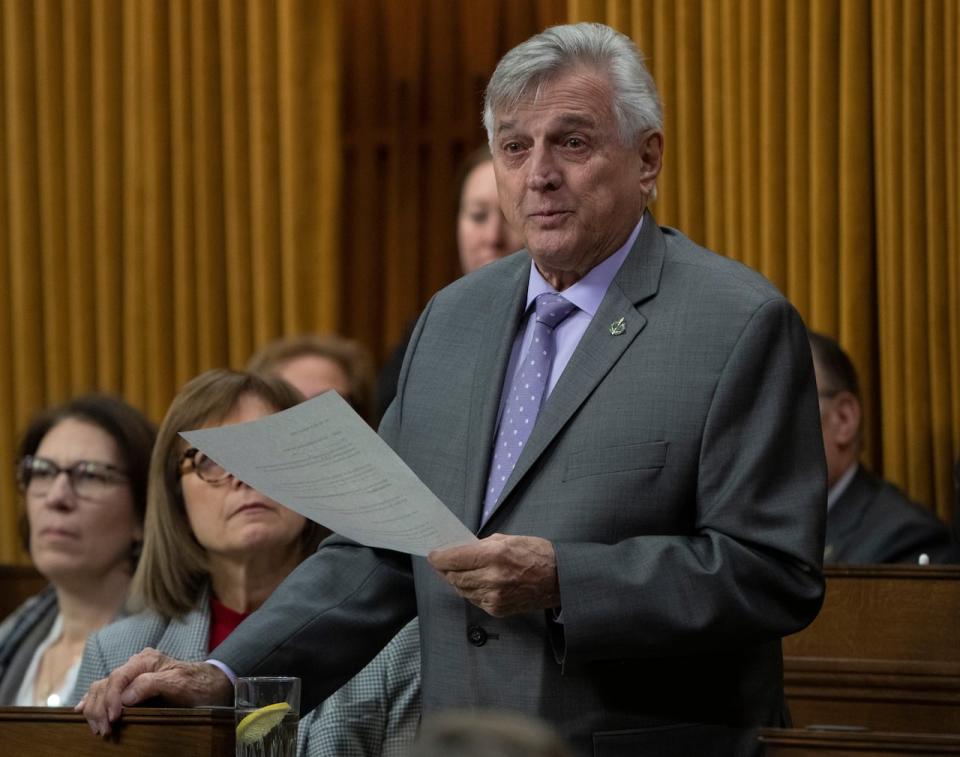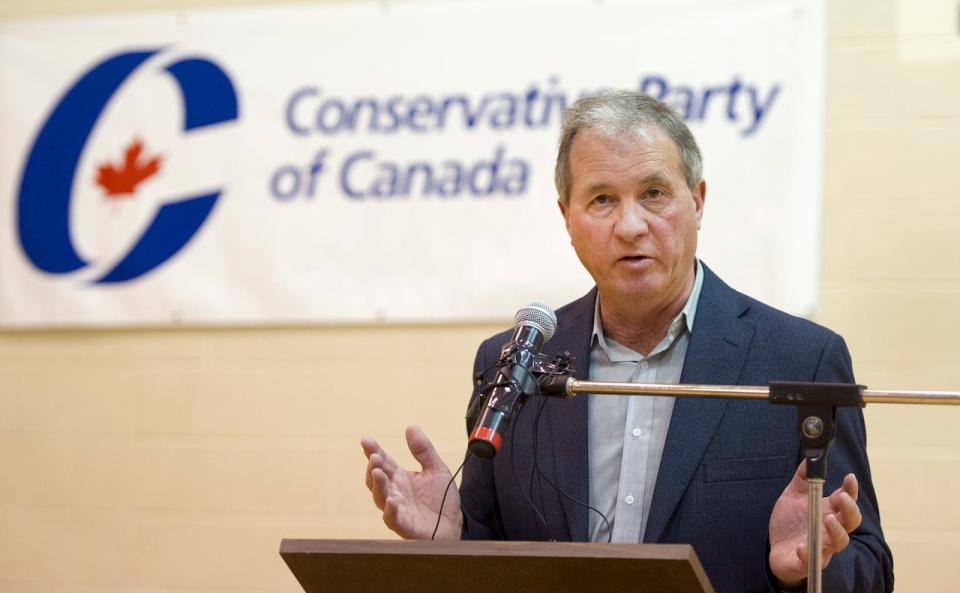


Members of Parliament all receive the same base salary — $203,100 — but some spend much less time on their feet in the House of Commons than others.
Using data provided by the House of Commons, Radio-Canada ranked all 338 MPs on the number of times they’ve spoken in the Commons or exercised their right to vote in the current session of Parliament.
The amount of time MPs spend addressing the House tends to vary greatly depending on their caucus responsibilities and whether they’re on the government or opposition benches. It can also depend on health problems that aren’t always disclosed publicly.
The numbers compiled by Radio-Canada exclude MPs elected in byelections during the current session. Speakers and deputy Speakers of the House of Commons are also not included in the vote totals because they often abstain in the course of their duties.
In total, MPs stood to deliver speeches or statements in House of Commons 126,000 times during the current session, which works out to an average of 373 speeches or statements per MP since the 2021 federal election.
But 24 of those MPs stood to speak fewer than 50 times each during that period.
More than three-quarters of MPs have accumulated at least 800 votes each since the start of the current session in November 2021. But 13 MPs voted fewer than 700 times each during that same period.
Among party leaders, Bloc Québécois Leader Yves-François Blanchet has voted the least often during the current session (636 times), followed by Prime Minister Justin Trudeau (721 votes), NDP Leader Jagmeet Singh (762 votes) and Conservative Leader Pierre Poilievre (814 votes).
In a written statement, Blanchet acknowledged that he missed several votes despite the ability to vote remotely.
“I made the choice to meet Quebecers in all regions of Quebec, with the lack of cellphone coverage that entails,” he said. “I believe that the Bloc Québécois has never been so connected with the people’s priorities thanks to the hundreds of meetings I’ve held in recent years.”
Liberal Yves Robillard, who represents a riding in Laval, is the least vocal among the current crop of MPs. He has spoken only twice in the House of Commons this year, and only once in 2023.

Liberal MP for Marc-Aurele-Fortin Yves Robillard addresses the House of Commons on Thursday, February 9, 2023. (Adrian Wyld/The Canadian Press)
In response to questions from Radio-Canada, Robillard said he is on sick leave. He did not say when his sick leave began and didn’t indicate whether he informed his constituents about his health status.
“I am not running in the next election,” he said, adding that he plans to make a formal announcement this month.
The second least-vocal MP on the list is Conservative Ron Liepert, who announced last year that he is not running in the next election. The MP for Calgary Signal Hill, first elected in 2015, has stood up only 12 times in the House since the last federal election in 2021.


Conservative MP Ron Liepert announced last year he would not be seeking re-election. (Larry MacDougal/The Canadian Press)
Overall, the list of MPs who have spoken the least often in the House since 2021 is dominated by Liberal backbenchers. But they have fewer opportunities to speak during question period, which is dominated by exchanges between opposition MPs and Liberal cabinet ministers.
And some MPs who tend to be quiet in the House of Commons speak frequently in parliamentary committees, where a substantial part of the work of the House is carried out.
Independent MPs don’t have voting rights in committee and their right to speak is limited, which explains why they are often less active.
The Parliament of Canada publishes a complete list of all votes cast by each MP.
The most diligent were two Conservative MPs — Scott Davidson and Terry Dowdall — who recorded 852 votes each during this session.
Liberal MP Kirsty Duncan has voted just 413 times during the current session — the lowest number of votes of any MP elected in 2021 except for Speaker Greg Fergus, who often abstains from voting.
![Former federal minister of sport Kirsty Duncan speaks to CBC News. 'I will continue to push [for a national inquiry into abuse in sport] because I will not be complicit.](https://s.yimg.com/ny/api/res/1.2/OHIe9T0XFARz0Z3vWfyVew--/YXBwaWQ9aGlnaGxhbmRlcjt3PTk2MDtoPTcyMA--/https://media.zenfs.com/en/cbc.ca/0d450c718ad2f41fec1c250763be3cca)
![Former federal minister of sport Kirsty Duncan speaks to CBC News. 'I will continue to push [for a national inquiry into abuse in sport] because I will not be complicit.](https://s.yimg.com/ny/api/res/1.2/OHIe9T0XFARz0Z3vWfyVew--/YXBwaWQ9aGlnaGxhbmRlcjt3PTk2MDtoPTcyMA--/https://media.zenfs.com/en/cbc.ca/0d450c718ad2f41fec1c250763be3cca)
Liberal MP Kirsty Duncan announced last year that she is battling cancer. (Devin Heroux/CBC News)
Duncan, a Liberal minister and deputy leader in the House from 2015 to 2021, announced early last year that she was battling cancer and would have to be absent more often from the House of Commons.
Alain Rayes, who was elected as a Conservative but became an Independent MP after Pierre Poilievre became the Conservative leader in 2022, votes less often than most of his colleagues in the House.
Rayes said that since he became an Independent, he has focused on his work in his riding of Richmond-Arthabaska and goes to Parliament an average of two days a week, depending on his speaking schedule in the House.
He said he deliberately skipped certain nighttime voting marathons and refused to participate in the procedural wars certain parties wage.
“For anything that is partisan, that only tries to throw sand in the gears of our legislative system, I am not participating in that little game that different parties put in place,” he said.
The number of times an MP speaks in the House of Commons isn’t a measure of the quality of their work — but it does reflect a commitment to debating political issues and legislation.
Former Liberal and NDP MP Françoise Boivin said she believes the list is revealing, up to a point.
“A priori, it paints a picture. Who is the most talkative in the House of Commons? In committee? Who gets up regularly?” said Boivin, who is now an analyst for the ICI RDI show Mordus de politique.
She said each MP has their own style and priorities and some can be more effective outside the House.
“There are some who will say, ‘Look, words are one thing, but actions are another,'” she said.
But she pointed out that MPs often have chances to speak before or after question period without asking for anyone’s permission — and there are few excuses for skipping votes, thanks to a hybrid voting system that allows MPs to vote from home.
“I left the hospital to vote at one point, because in my mind, an MP’s most important role is to express themselves,” she said.